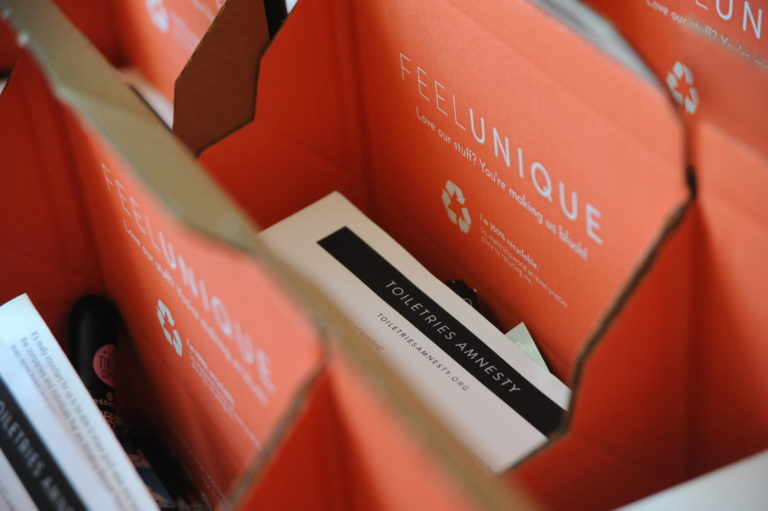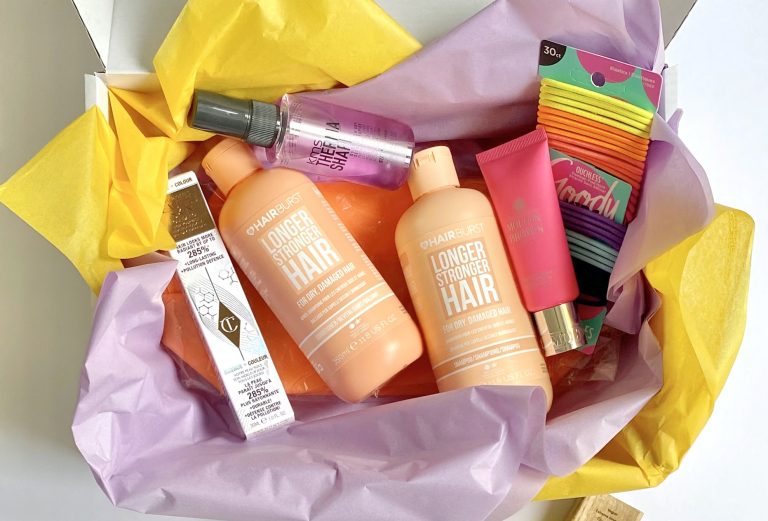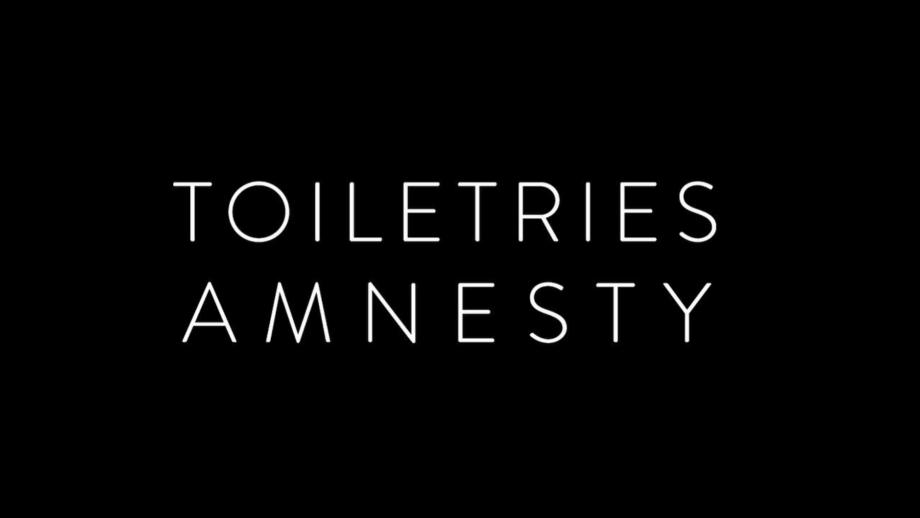This article was first published 26 July 2022 by Lisa Oxenham on marieclaire.co.uk
Charities are seeing an increased demand for essential toiletries and personal care products. Here’s how you can help…
Products like toothbrushes, tampons, soap, shower gel and shampoo are everyday items that you and I might take for granted. Yet these products are becoming out of financial reach for many, as hygiene poverty increases in the UK.
Lots of people are considering hygiene poverty as the third leg of the widely-publicised ‘heat or eat’ dilemma as a result of the cost-of-living crisis. In fact, it’s estimated that there are over 14 million people in the UK living below the poverty line (yes, in 2022), which makes buying these essentials difficult, or impossible.
With the rate of inflation hitting a 40-year high, British consumer price inflation reached an annual rate of 9.4% in June, up from May’s 9.1% according to the Office for National Statistics (ONS), putting further strain on household budgets.
Charities warn that hygiene poverty in the UK has been exacerbated by the cost-of-living crisis and the demand for toiletries and sanitary products distributed by charities across the UK has increased significantly.
Toiletries Amnesty supports over 500 charities and community organisations, such as women’s refuges, domestic violence charities, groups supporting refugees, food banks and shelters for the homeless. In 2021 provided toiletry access to more than 2.25 million people. The organisation is seeing increased demand from the organisations such as food banks, groups supporting refugees, and domestic violence charities that distribute their products.
‘Despite the issue being so much worse now due to the cost-of-living crisis, there is no commitment nor funding to provide hygiene products for people who can’t afford them. Instead, organisations like ours fill the gap.
Homeless shelters and hospitals struggle to get funding for the absolute basics, let alone being able to provide personal care items for the thousands of people they are trying to help every day.’
Karen Harvey, Toiletries Amnesty Founder and Director
Harvey talks of a mental health nurse based in Cambridge where the hospital’s funding was cut so much they couldn’t afford bath products. She continues, ‘They had a bath that could be used but no products – just basic hand soap dispensers on the wall.’
The organisation says it expects demand to continue to rise as more people’s disposable income is slashed. Harvey has also seen a decrease in individual donations too.

Brands like L’Occitane, Weleda, Dermalogica and Sanctuary Spa, and beauty industry firms like Feelunique and Sustainable Spa Association have donated but Toiletries Amnesty need urgent financial support. ‘The amazing team at beauty brand Comfort Zone are doing a 26 mile fundraising walk in September. This support means we can fund the distribution of products to the people that desperately need them,’ says Harvey.
Jo Critch, the CEO of Feathers Futures, a women’s hub based in Great Yarmouth (with no recourse to public funds) has been distributing hygiene products, provided by Toiletries Amnesty, to women and families since 2021.
‘People can’t afford their bills let alone their self-care.’
Jo Critch, Feathers Futures
‘It started as a safe non-judgemental space to be heard, listened to and understood. Women have this space to support each other and we have wellbeing workshops and domestic abuse recovery. Not long after we set up we saw people struggling with hygiene poverty. At first, we bought supplies for them but that’s now evolved and we rely solely on donations.’
Charities like these have no funding for their toiletries bank or volunteers. ‘We have to use money from a raffle,’ says Critch. ‘The whole thing is run on kindness.’
Feathers Futures have also noticed a recent increase in demand. ‘Last week we ran out of shampoo for the first time. This is a direct effect of the high cost of living. People can’t afford their bills let alone their self-care. This is the first thing that goes,’ says Critch.
Benefits are capped at £257.69 per week (£13,400 a year) if you’re a single adult outside London. Benefits rose by 3.1% in April, but with Inflation running at 9.1% in May, clearly people’s spending capacity is decreasing.
Where charities were just seeing people needing toiletries, there’s now a bigger problem where women and children are asking for products like toilet rolls or washing powder. ‘This used to be a short-term problem if people’s benefits stopped, or come October when people stopped their summer seasonal work, but now it’s a long term situation,’ Critch says.
These charities’ toiletries cupboards are open to everyone with no judgement but women are ashamed and embarrassed. ‘We had a woman who wouldn’t go outside when she had her period and was using a sock. We had one lady wash her hair with fairy liquid as she didn’t want to ask for anything. We now have girls that are still at school come to the door.’
Kelvin Hughes, CEO of Community Furniture Project, a charity based in Newbury, chimes in with similar observations: ‘When food parcels are requested, we are now routinely asked to also supply female hygiene products. This was not the case as little as two years ago. These requests come from the Afghan and Ukrainian refugees in particular.’
Charities and organisations work tirelessly to help others across the country.

Here’s how you can you help combat hygiene poverty
Financial donations and fundraising
All donations, big and small, help cover the day-to-day running costs like getting product donations to the women and children who desperately need them. You can donate to Toiletries Amnesty here.
Corporate sponsorship
Could Toiletries Amnesty be your charity of the year? Would your company like to make a significant impact on the work they can do? Get in touch with Karen and the team to develop worthwhile and supportive relationships.
Donate toiletries
If you are a brand or organisation that would like to donate larger quantities of products, surplus stock, or end of date products, please complete this short donor form.
If you’re an individual or would like to donate a small number of toiletries, please click here to see the Toiletries Amnesty directory. You can see what the organisations do, where they are, and how to get in touch with them.
Donate your broken jewellery
The Broken Jewellery Project takes broken and unwanted jewellery and turns them into beautiful bracelets. Proceeds from the sale will go straight back into supporting those in need, so the cycle of kindness continues.

